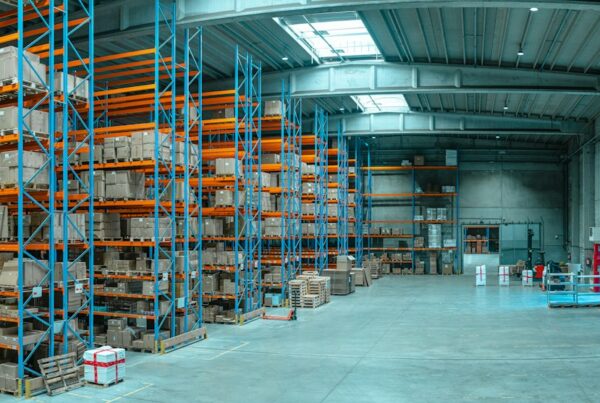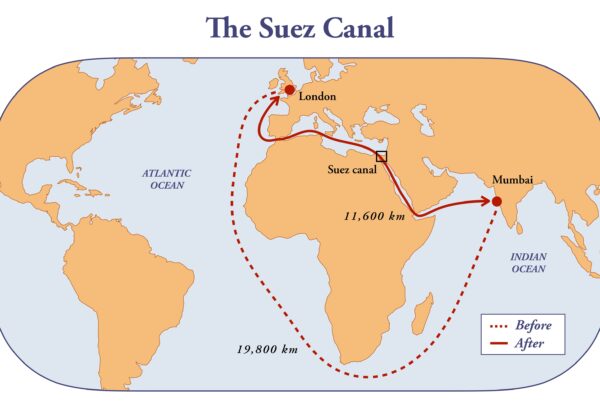The Sister Cities program is a global initiative designed to foster cultural, economic, and educational exchanges between cities around the world. Established in 1956 by President Dwight D. Eisenhower, the program aims to build global cooperation at the municipal level, promote cultural understanding, and stimulate economic development.
Chicago’s Sister Cities International (CSCI) is a prominent participant in this program, linking the city with 29 international partners. These partnerships are intended to create opportunities for collaboration in various fields, including business, education, and the arts.
One of this program’s most enduring and successful partnerships is the relationship between Chicago and Amman, Jordan. This year marks the 20th anniversary of this sister city affiliation, highlighting two decades of mutual growth, understanding, and cooperation.
The Chicago-Amman sister-city relationship has facilitated numerous exchanges and collaborations, ranging from cultural festivals and educational programs to business delegations and trade missions. This partnership has significantly contributed to strengthening ties between the two cities, fostering a deeper understanding and appreciation of each other’s cultures and economic landscapes.
Jordan presents a myriad of opportunities for businesses seeking to diversify their manufacturing operations. In light of recent geopolitical shifts and the over-reliance on manufacturing hubs like China, Jordan has emerged as a strategic alternative for assembly work and manpower. The country’s strategic location in the Middle East, coupled with its stable political environment and progressive economic policies, makes it an attractive destination for foreign investments. Moreover, the Kingdom’s commitment to economic reforms and infrastructural development has significantly enhanced its appeal to international businesses.
“Jordan offers a unique blend of skilled labor and cost-effectiveness, which is crucial for businesses looking to optimize their manufacturing processes. The country’s focus on education and skill development ensures a competent workforce ready to meet the demands of modern industries.”
The United States and Jordan share a robust relationship underpinned by a fair trade agreement, which offers a conducive environment for American businesses to operate in the Kingdom with open arms. This agreement, coupled with Jordan’s investment in its industrial zones and Free Trade Zones, significantly reduces operational costs and streamlines regulatory processes for foreign companies.
As global supply chains evolve, businesses are exploring new manufacturing hubs to diversify their production bases. While China has long been the go-to destination for manufacturing, Amman, Jordan, is emerging as a compelling alternative. Here are five reasons why Amman is an ideal location for your manufacturing needs:
1. Strategic Location and Connectivity
Amman’s strategic location at the crossroads of Asia, Europe, and Africa offers unparalleled logistical advantages. The city’s proximity to major markets in the Middle East and Europe reduces shipping times and costs, making it an efficient hub for distribution. Additionally, Jordan’s well-developed transportation infrastructure, including modern ports and airports, facilitates smooth and timely movement of goods.
2. Competitive Labor Costs and Skilled Workforce
Jordan offers a cost-effective labor market with competitive wages compared to other regions. The country boasts a young, educated, and skilled workforce, particularly in sectors like textiles, electronics, and pharmaceuticals. Government initiatives and partnerships with international organizations ensure continuous skills development, aligning the workforce with the latest industry standards and technological advancements.
3. Business-Friendly Environment and Incentives
The Jordanian government actively promotes foreign investment through various incentives and a business-friendly regulatory environment. Special economic zones and industrial parks in Amman provide tax breaks, reduced tariffs, and streamlined customs procedures. Additionally, Jordan’s commitment to intellectual property protection and transparent legal frameworks fosters a secure and predictable business environment.
4. Stability and Reliability
Unlike some regions facing geopolitical uncertainties, Jordan is known for its political stability and strong governance. This stability translates into a reliable business environment where companies can plan long-term investments without the risk of sudden disruptions. Moreover, Jordan’s robust trade agreements with the United States, European Union, and neighboring countries offer preferential access to key markets.
5. Sustainable and Ethical Manufacturing Practices
Jordan is increasingly recognized for its commitment to sustainable and ethical manufacturing practices. The country emphasizes environmentally friendly production processes and has implemented strict regulations to ensure compliance with international labor standards. Companies operating in Amman can benefit from a positive reputation associated with responsible manufacturing, meeting the growing demand for ethically produced goods.
As Chicago and Amman commemorate two decades of their sister city partnership, the spotlight on Jordan’s potential as an alternative manufacturing hub continues to grow, inviting more businesses to explore and invest in this promising landscape.
For additional insights on leveraging the Jordan-Chicago partnership to advance your business objectives, please contact Lisa Victoria Waller 1-630-776-5648.



